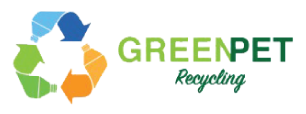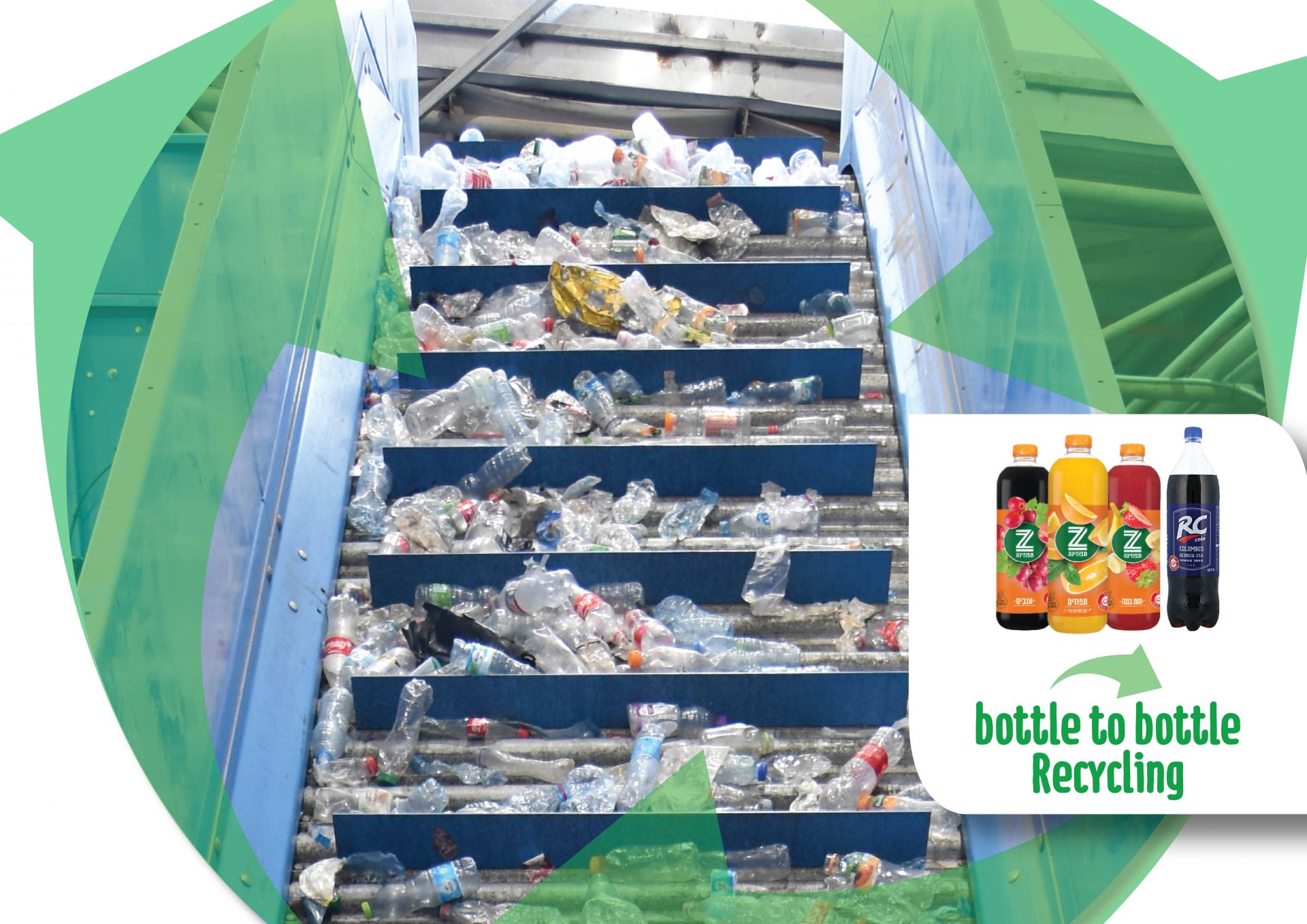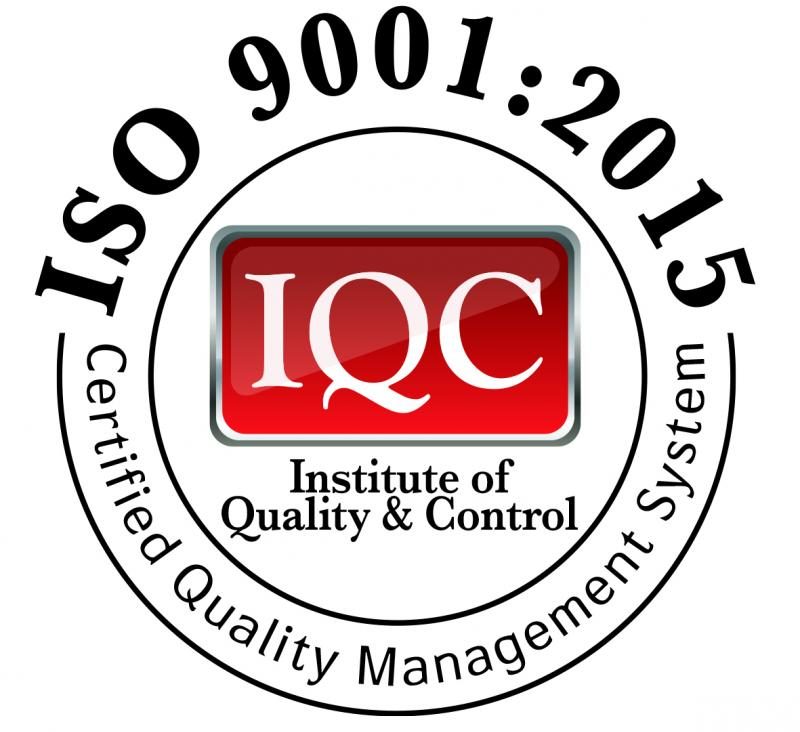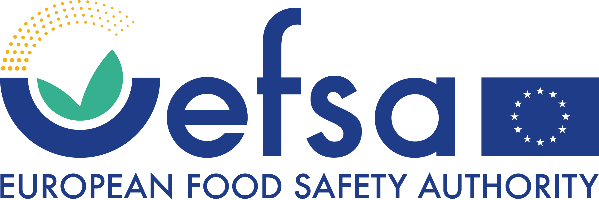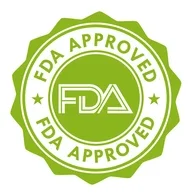Jafora Tavori, partner in GREENPET Recycling, sets an example for companies by not waiting for regulation to step in. The corporation decided to take the initiative and set the Circular Economy model in motion by actually implementing the bottle-to-bottle recycling system.
More than 18 months had passed since we opened our doors and started producing recycled PET. The demand for available high-quality RPET for production in Israel is high, and it is no secret that in the past, manufacturers who sought to incorporate recycled material into their products, were forced to import it from overseas sources.
One of the partners in GREENPET Recycling is the Jafora Tavori Corporation, Israel’s second-largest soft drink marketing and manufacturing company. The company, that was founded even before the establishment of the state of Israel, manufactures and markets over one million beverage units every single workday! The range of packaging types used in the company is wide and includes plastic bottles – sized between a pint to two pints, glass bottles, beverage cartons and cans.
Jafora Tavori’s Green Fingerprint
The company has a high environmental awareness, manifested by its policies and actions to promote sustainability, which are manifested in several ways including compliance with global environmental standards (ISO 14001); taking action to streamline energy consumption; collaborating with authorities, suppliers, contractors and other stakeholders to promote sustainability; implementing advanced activity in the field of hazardous materials and safe removal of such materials from the scene, as needed.
When it comes to natural resources, the company complies with the Clean Air Law; reduces emissions of the plant’s vehicles and forklifts; and emits only water vapor into the atmosphere. Sewage is being treated in the plant, and water is salvaged through a system for collecting condensation and cooling water, designating it for reuse according to its quality. With regards to energy, the company keeps power consumption under constant control, and assumes great efforts to reduce it.
Concerning solid waste recycling, the factory operates sorting and recycling of solid waste for the following materials: Cartons, plastic sheets, plastic bottles, oils, pallets, barrels, and big bags.
Up Until a Year and a Half Ago There was no RPET to be Found
All of the above is fine, but when it comes to recycled plastic raw materials, the company used to have zero possibility to promote circular economy through working with recycled material. A year and a half ago, there was not even a hint of recycled PET to be found in Israel. In order to promote recycling, one was obliged to import the recycled raw material, which meant importing waste from another country instead of using the local waste and utilizing it.
Bottle-to-bottle Recycling and an Expanded Manufacturer Warranty
However, Jafora Tabori was not yet content with the situation at the time, and decided to take action by choosing to take responsibility over its products, even after being sold and used. The decision that followed was to enter into a partnership in a recycling plant. That would, of course, also ensure a regular and high-quality supply of recycled raw material, which is very difficult to procure in Israel. Importing from abroad has high environmental costs and it specifically means flying in garbage from another country, which is unacceptable.
The used bottles arrive at GREENPET Recycling from several sources: Production scraps in Jafora Tabori plant, collection from municipal recycling systems, and bottles that are collected under the Deposit Law. At the end of 2021, the Deposit Law for Large Bottles will take effect and increase the supply of raw material for recycling.
Promoting Green Economy Throughout the Local Industry
Both GREENPET Recycling and Jafora Tavori participate, along with the Ministry of Environmental Protection, and other Israeli manufacturers of plastic containers, in roundtable debates to discuss the future of plastic recycling in Israel; bottle collecting under the Deposit Law; and recruiting more companies who would welcome taking action in support of recycling and the environment.
Bottle-to-bottle recycling means that a plastic bottle that has ended its function as a beverage container, would not be landfilled. Instead, it goes back to the recycling plant to become raw material for manufacturing a new bottle. This is repeated again and again, which creates a genuine circular economy that contributes to environmental protection and reduced the amount of plastic that disposed in landfills, trickles into the environment, and causes harm.
Thus, a Win-Win Situation is Created
On the one hand, the beverage producer enjoys a supply of quality recycled raw material while promoting its environmental vision, while on the other hand, less harm is done to the environment and everyone’s quality of life.
We encourage other plastic and packaging manufacturers to join us – please switch to using recycled materials.
